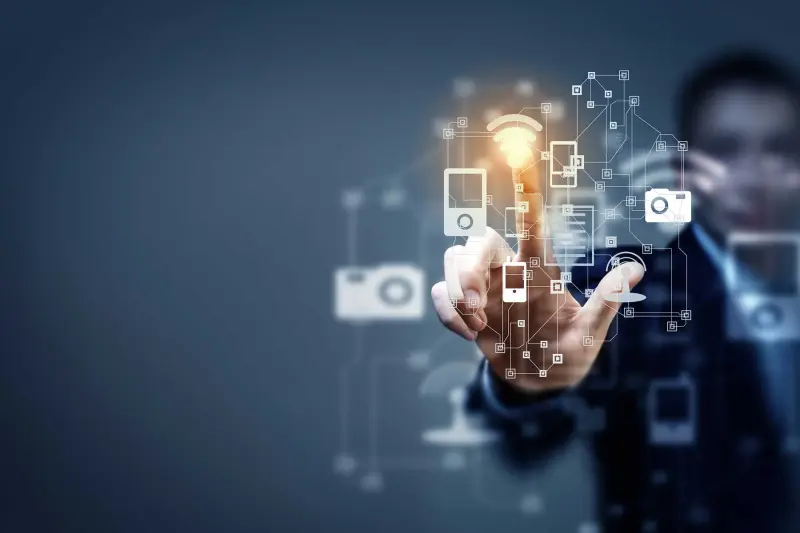
The Impact of 5G on Mobile Technology
The rollout of 5G networks has brought unprecedented changes to mobile technology. With speeds up to 10 times faster than 4G, 5G enables smoother streaming, quicker downloads, and more reliable connections. This technological leap is reshaping how we use smartphones and other connected devices.
One of the biggest beneficiaries of 5G is the Internet of Things (IoT). Smart devices, from home appliances to wearable gadgets, can now communicate more efficiently, creating a seamless ecosystem. For example, 5G allows real-time data transfer in autonomous vehicles, improving safety and performance.
However, the transition to 5G has its challenges. Building the necessary infrastructure requires significant investment, and some users face compatibility issues with older devices. Additionally, concerns about radiation exposure and environmental impacts have sparked debates about its widespread adoption.
Despite these hurdles, the potential of 5G is undeniable. As coverage expands, it will unlock new possibilities for mobile gaming, virtual reality, and remote work. By enhancing connectivity, 5G is setting the stage for a more integrated and efficient digital world.
Send message